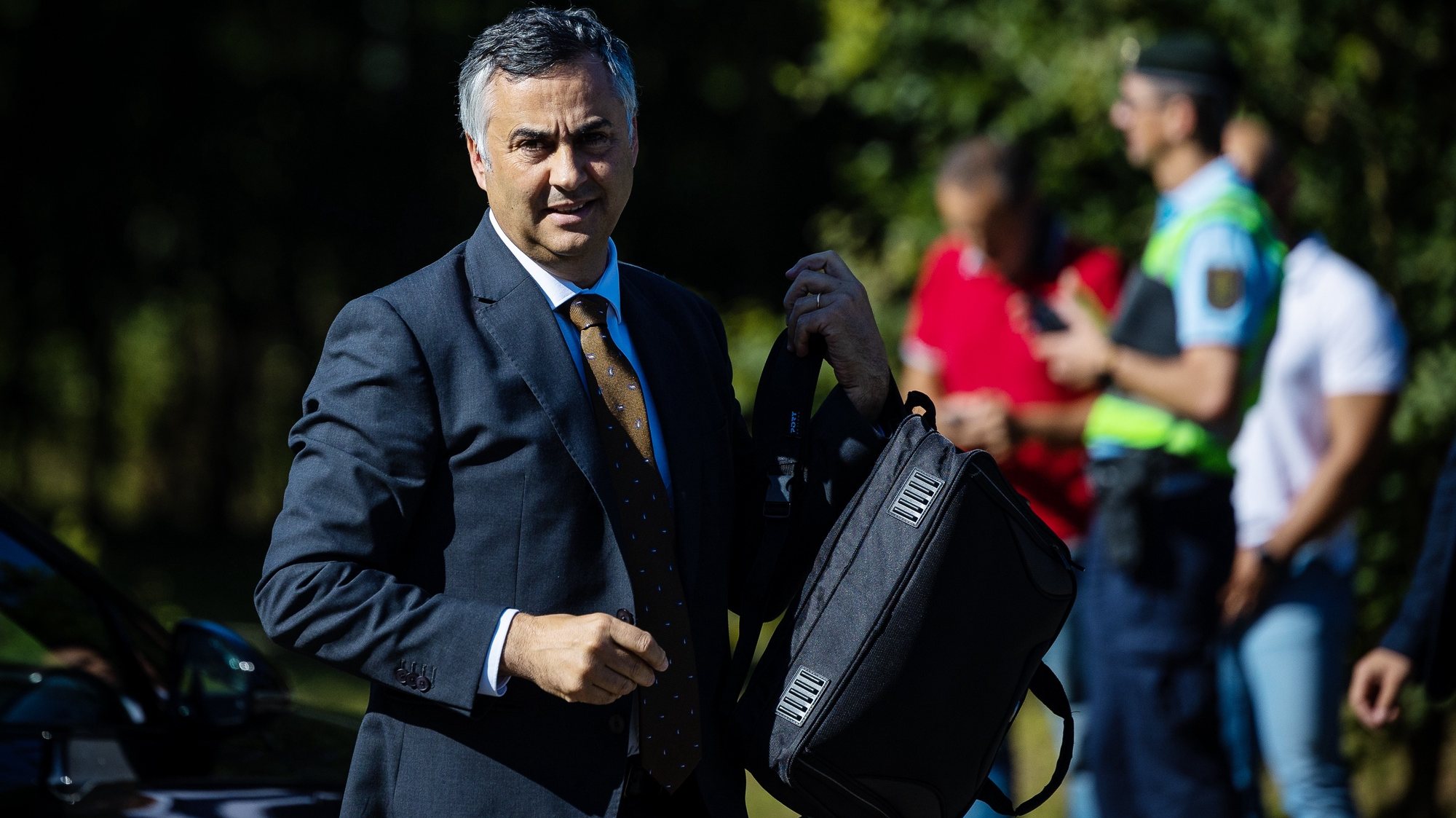Recognizing the experimental period (of five years) for those who have been in scientific research for 10 years with precarious contracts was one of the proposals that the union structures presented this Wednesday to the Minister of Education. Face to face, the Government and the unions discussed the creation of the so-called “new” Statute of the Scientific Research Career. This statute already exists, but has not been revised since 1999. “Progress” was made in the negotiations, the unions told the Observer. But both parties – researchers and the Government – recognize that there are “deep disagreements” on certain aspects.
“There are opposing points of view on which we will not agree; there is profound disagreement in scope of application of the statute”of his career, says José Moreira, president of SNESup (National Union of Higher Education), and says that the proposal of the Ministry that Fernando Alexandre oversees is that the The statute “only applies to private institutions on an optional basis.”.
“In most cases, these institutions are a kind of branch office, which allows them to escape stricter budgetary control. And the ‘owners’, the only ones involved in their management, are public institutions. In other words, a large part of their activity is financed with public money, so we believe that researchers at these institutions should be subject to the same status,” he argues.
But the government is unlikely to budge: “The government believes there must be a clear separation of the waters,” he said.
At the end of the negotiation, Minister Fernando Alexandre also acknowledged: There are “dimensions in which we cannot bring our position closer to that of the unions, but I believe that the differences are not that great.” and there are always areas where we can improve.”
Government against recognizing time for those who “drag the system” in a precarious situation
Other demands of the Higher Education Union are that a “transition period” is created for researchers who “have been dragging their feet in the system for more than 10 years with grants or fixed-term contracts”The idea, explains José Moreira, was that “their entire career would be recognized in experimental terms, because they were always evaluated and subjected to competitions and many always return to the beginning,” affected by the precariousness of their career.
Once again, “the government is unlikely to accept,” he says: “It did not seem willing to create a transition mechanism that takes into account those who are dragged through this system of precariousness. But this is the reality of more than 80% of researchers…The number of contracts has increased significantly, but they are fixed-term employment contracts.”
Already the FNE criticises Fernando Alexandre’s Ministry’s proposal to allow foreign researchers (Portuguese or not) to compete for the position of principal investigator “without aggregation””We see it as a vehicle for overtaking. We understand that there are many researchers in other countries with very relevant CVs, but “the rules have to be identical for those working in Portugal and abroad,” says José Luís Abrantes.
“They would replace the aggregation with a technical recognition that would be voted on by the Scientific Council of the Faculty or School where the competition was open. In our opinion, they should eliminate the aggregation and not make an exception.”
The proposal will be submitted to Parliament in September.
The assessment of the negotiating round this Wednesday by both unions It was positivewith the leader of the Higher Education organization highlighting, for example, the proposal that “all Regularly recruited researchers are fully dedicated.“It is good in terms of rights, duties and remuneration.”
The FNE union member was satisfied with the possibility that “the investigators who develop patents and copyrights, being able to create your start-up or company without losing the exclusivity regime for five years,” which guarantees them a certain security.
Regarding the next round of negotiations, none of the trade unions have clarified a possible meeting, but they are waiting for the final document. According to the head of the Education Department, “the The proposal must be presented to the Assembly of the Republic at the beginning of September.“It is very important that this happens, because we are going to have a lot of competition, with a thousand researchers entering the scientific research race,” he says.
We want to have “a proposed statute that, on the one hand, addresses issues of precariousness and makes the career more attractive. And, on the other hand, gives institutions a framework to benefit from the hiring of new researchers,” Fernando Alexandre summarised.
Source: Observadora
